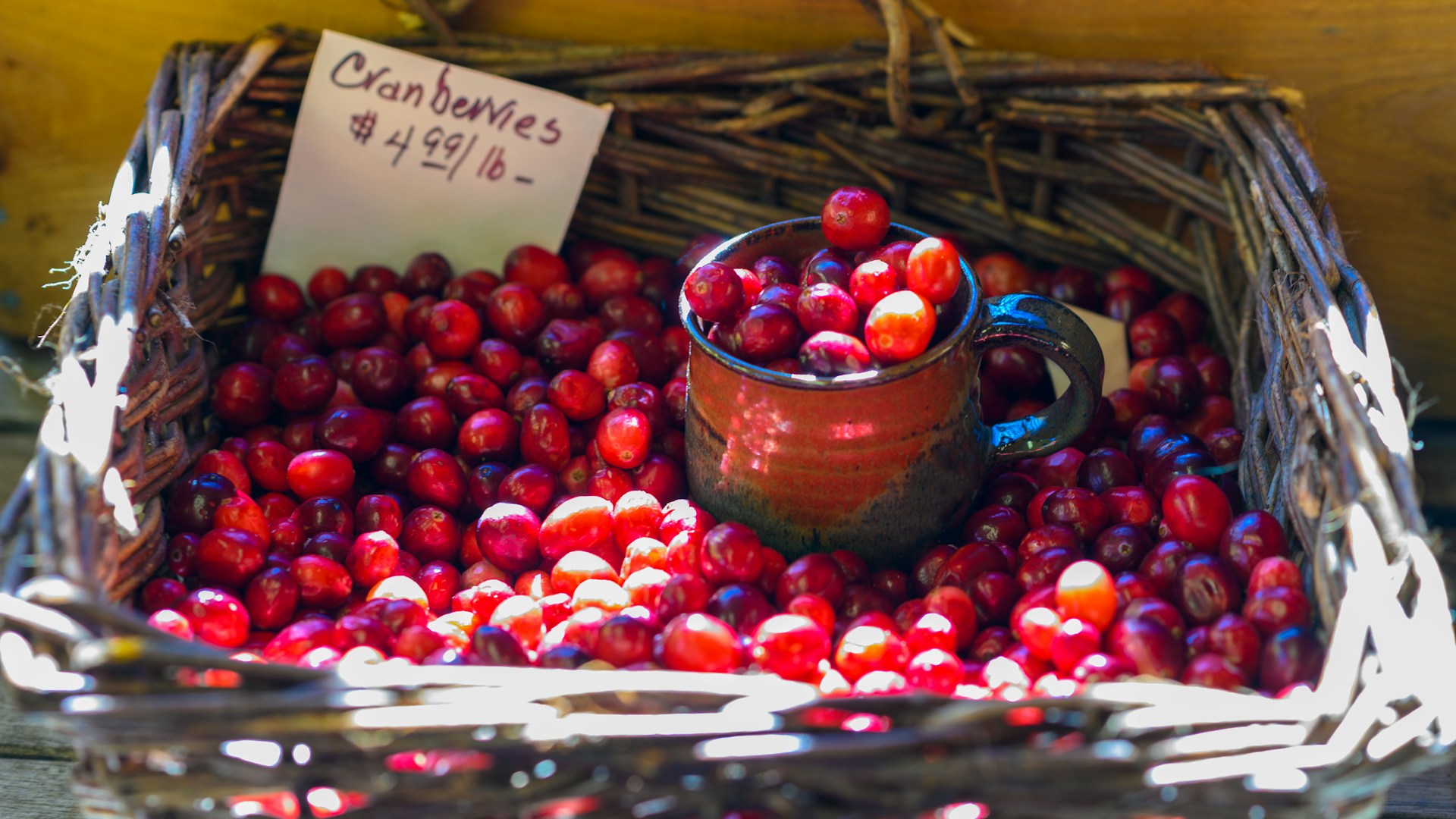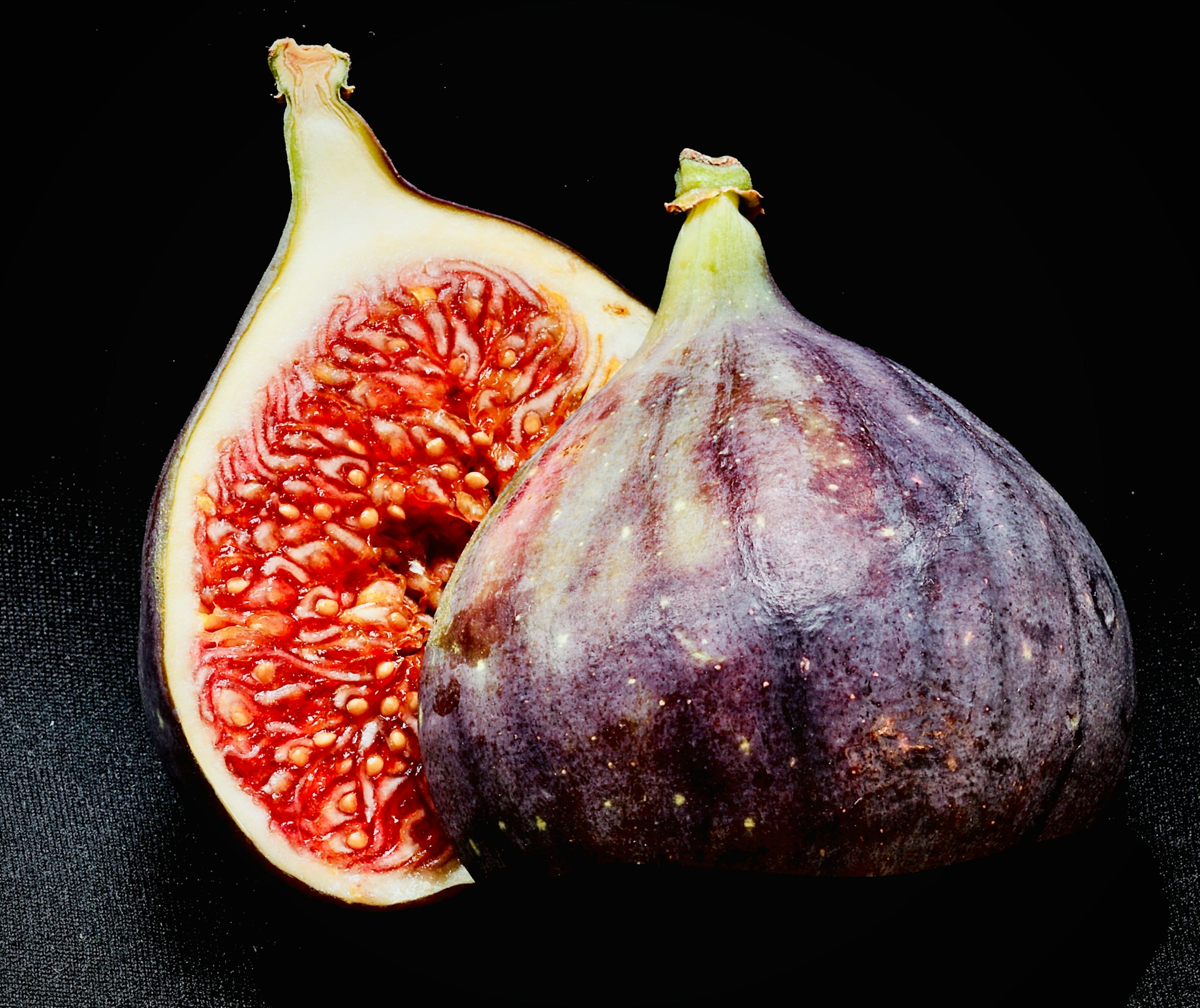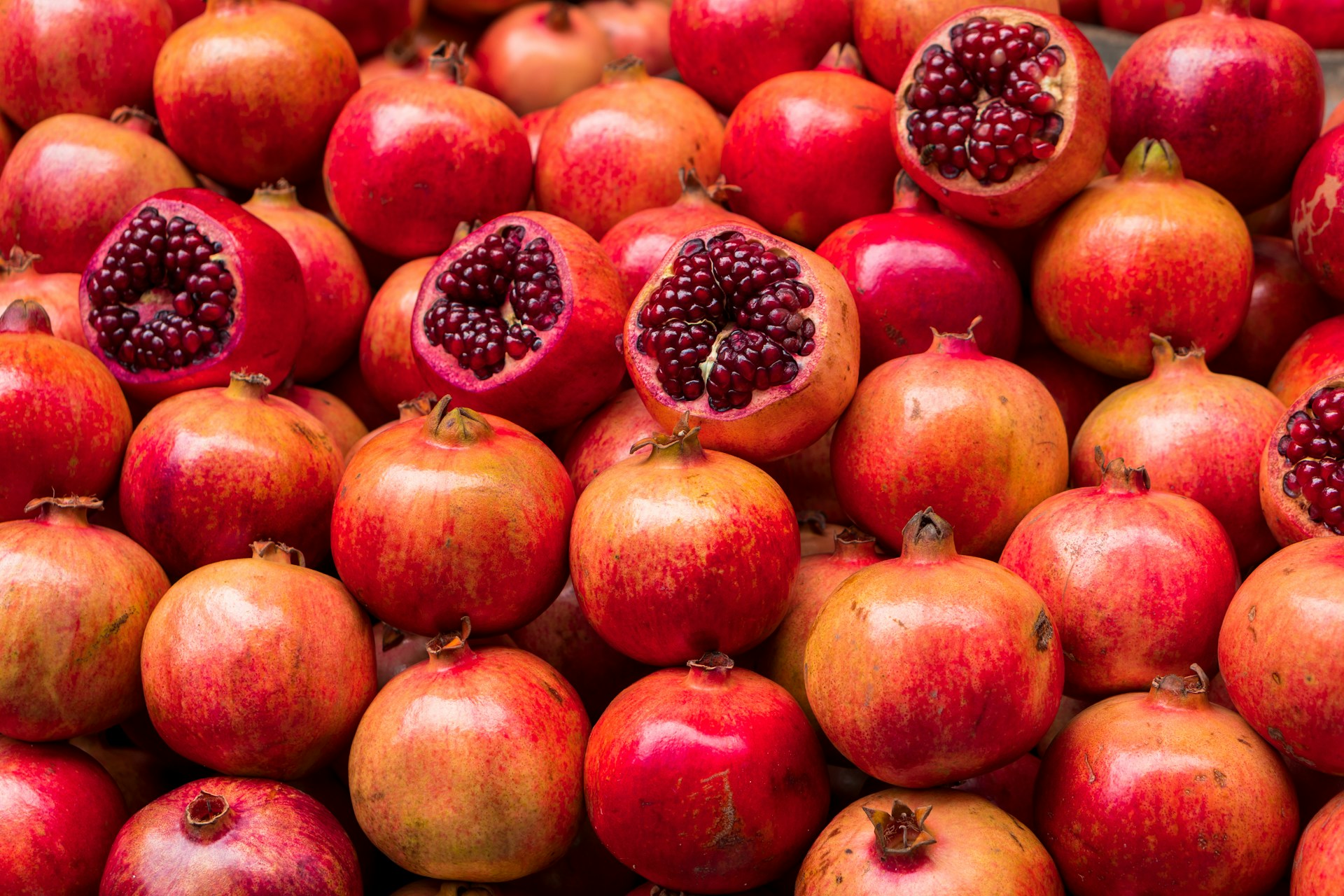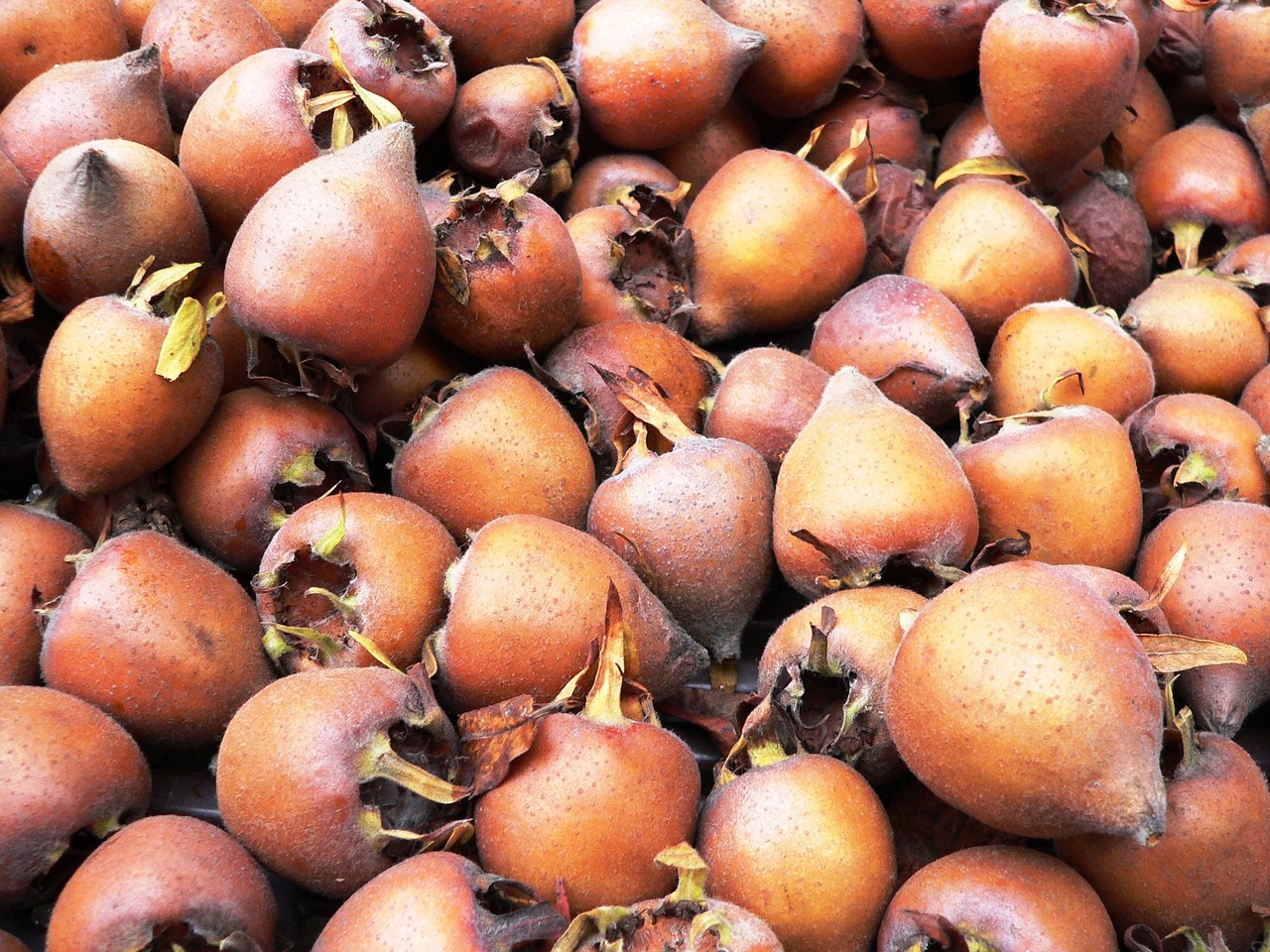Cranberry – Queen of Antioxidants and Vitamins
People have used cranberries since the distant past as food and dye, and thanks to the numerous useful substances it contains in its composition, it has emphasized its beneficial effect on the human organism, while cranberries were also used as medicine.
Since it has proven to be a superfood that protects the body from many diseases, it has taken center stage among experts engaged in the field of food and health.
For the body to use the full capacity of health benefits, it is best to consume fresh or dried cranberries, because when processed into juices, cold teas, or jams, the effect of the nutrients is reduced by a degree.
The cranberry fruit has a bitter-sour taste and is rich in numerous minerals, the largest percentage of which is potassium, and it is also rich in vitamins A and C.
How does cranberry help our body?
Cranberries are one of the most powerful antioxidant sources. Antioxidants are the body’s defense mechanism against free radicals. Free radicals represent harmful components that are constantly created as metabolic waste that oxidatively damages cells and tissues.
One of the reasons for the occurrence of chronic diseases is precisely the constant oxidative damage.
The antioxidant components of cranberries have a range of health benefits: anti-inflammatory effects and powerful antiseptic action.
What are the benefits and why should we consume it more often?
-
Prevention of urinary infections
Experts have determined that cranberries have a beneficial effect on the healing of the prostate and are very useful in the treatment of urinary infections, which are most often caused by the bacterium Escherichia coli.
-
It is a rich nutritional source.
Nutritionally speaking, 100 grams of fresh cranberry fruit has 46 calories. Cranberries do not contain cholesterol and are rich in vitamins.
Fresh cranberries are a particularly rich source of vitamin C, vitamin E, manganese, copper, vitamin K, vitamin B1, B2, B3 B6, vitamin A, potassium, iron, phosphorus, zinc, magnesium, water 87%, etc.
Cranberries are rich in antioxidants, quercetin, and selenium, which protect cells from oxidative stress.

-
Benefits for cardiovascular health
Cranberry intake has been shown to work on:
- Lowering bad cholesterol (LDL) and increasing good cholesterol (HDL) levels
- Relaxation of blood vessels
- Reducing the risk of inflammation in blood vessels
-
Increased immunity
The high content of vitamin C in fresh cranberries, as well as the presence of antioxidants, allow the body to function properly.
The correct and continuous intake of vitamin C greatly reduces the duration of flu, colds, infections, diarrhea, etc.
-
Protects the stomach from diseases
As we mentioned earlier, the composition of cranberry protects the body from infections, among which it works quite successfully on the bacterium Helicobacter pylori, which is a common problem among the population.
-
Antimicrobial and antibacterial action
Consuming fresh or dried cranberries prevents the occurrence of caries, preventing bacteria from lingering on the teeth.
In this way, the formation of deposits is reduced, and the protection and health of the oral cavity is increased.
-
Protects the brain from dementia
Cranberries are excellent at protecting brain health and play a key role in maintaining mental health.
By neutralizing harmful radicals with the help of antioxidants, DNA health is preserved, while the possibility of brain inflammation is reduced, thereby reducing the risk of Alzheimer’s disease.
Through the high presence of vitamin C in fresh cranberries, communication between brain cells is also stimulated, improving movement control.














Post Comment